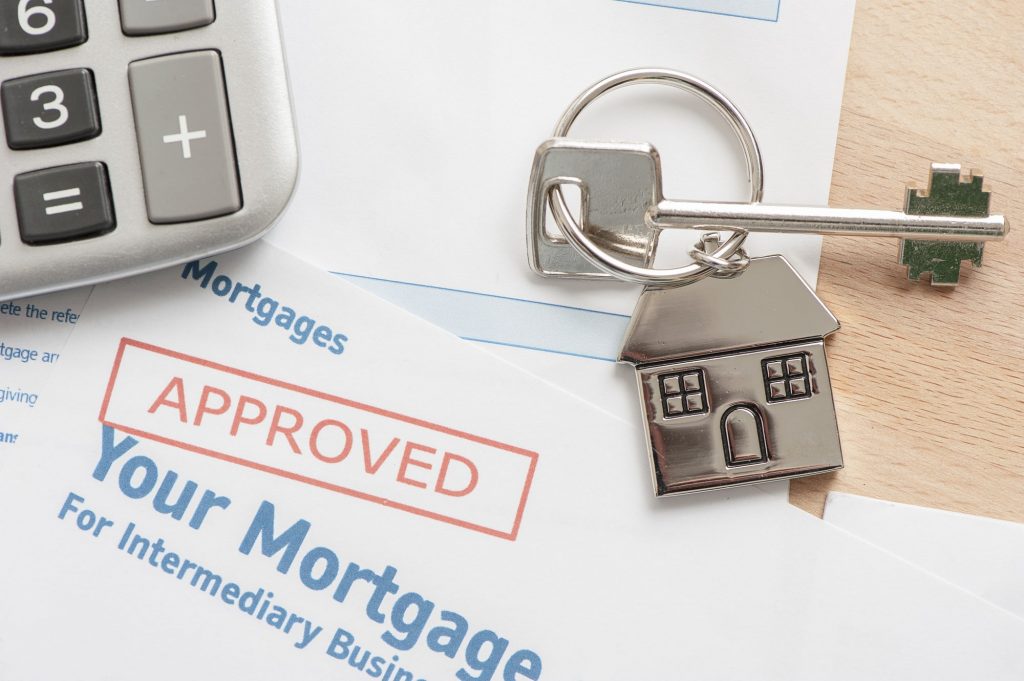Here’s What You Don’t Know About Mortgage Points That Could Be Costly

Mortgages are a costly affair, so much so, they’re our most significant monthly expense. It’s no wonder then that many try to improve their mortgage rates, which can be done through several means.
For instance, you can improve your credit score or lower the ratio between your debt and income. Alternatively, buying mortgage points is another way homeowners can secure a better rate.
On the surface, this sounds simple and advantageous. But the process can be confusing, and it certainly isn’t right for everyone. That’s why we’ve listed everything you might not yet know about mortgage points below.
There’s lots to cover, so let’s dive in!
What are Mortgage Points?
Some lenders offer the chance to purchase mortgage points. These are also sometimes known as discount points and become available when you take out a mortgage on a house or refinance an existing loan.
Essentially, mortgage points are accrued by paying interest upfront to the lender, enabling you to secure a lower rate throughout the loan.
Mortgage points commonly cost 1% of the total mortgage and knock off 0.25% off the interest rate.
Let’s say you have a mortgage of $200,000 and purchase one point for $2,000. Your interest rate of 4.25% would be lowered to 4.00%, and your monthly payments would decrease from $935 to $945.
If you calculate those savings up, you’ll quickly see that it will take several years to break even on the monthly savings you’ve made. But over a full-length thirty-year mortgage, you could save over $10,000 in interest.
In theory, the more points you purchase, the more you can save, but it’s up to the lender to decide how many points a borrower can buy. It depends on the market conditions and the type of loan you’ve secured.
Mortgage Points vs. Origination Points
One matter often confused is the terminology between mortgage/discount points and Origination points. Discount points are prepaid interest with which a lower interest rate over the term of the loan can be negotiated.
Origination points are lender fees. These are charged for closing on a loan and are not optional. They don’t save borrowers money on interest, although they can at times be rolled into the balance of a loan.
This means they can be paid off over time. Discount points, on the other hand, have to be paid upfront.
When’s It a Good Idea to Buy Mortgage Points?
If you choose to buy discount points, you are opting to increase your loan’s upfront cost. If you have savings ready for this, it might be a tempting consideration.
Calculate what money is available to you, and keep in mind that a new home will come with many new expenses. Mortgage points won’t be paid off for many years to come, so this is an investment that won’t warrant itself in the short term.
Many homeowners choose to lower their rates in other ways. You could use the same money to make a larger down payment or make extra payments on your mortgages.
This builds equity in your home quicker and means the mortgage can be paid off sooner. Additional charges each month also save money on interest and secure you a better rate when you refinance.
In some cases, buying mortgage points might be worthwhile. For example, if:
- You need to make your monthly payments more affordable
- Your credit score doesn’t qualify for lower rates
- You want the upfront tax deduction by putting down extra money
- You’re going to keep your home for a long time
- You have made mistakes on your credit score that you need to remedy
Note: mortgage points are usually only available for fixed-rate loans. While they can also be purchased for adjustable-rate mortgages (ARMs), they only lower your rate for the introductory period. Once the rate adjusts, the investment isn’t (usually) worth it.
When Not to Buy Mortgage Points
If you choose to purchase mortgage points, it will increase your upfront costs on getting the mortgage. This, however, does not increase your equity in the property you’re borrowing against.
They are optional costs that might warrant themselves if you play to stay in the home for at least ten to fifteen years. Anyone uncertain if they will last that long might wish to find another way to lower interest.
If you plan to make extra monthly mortgage payments, discount points won’t be a good idea for you.
They only benefit you when you pay a mortgage off over a long time. If you choose to pay it off quicker by making additional payments, you won’t save a lot of money.
Don’t purchase mortgage points if you don’t have the money to do so. Their benefit only shows itself after many years, so they are rarely worth putting yourself at immediate risk for.
You should also not invest in mortgage points if this cuts into your downpayment. Usually, a larger downpayment could mean lower interest rates and cheaper mortgage insurance.
The benefits of doing so often surpass buying discount points. So if you have an additional $2k to $5k available, consider increasing your downpayment instead. You can use my mortgage calculator to learn what your rate is likely to be!
Are You Going to Purchase Mortgage Points?
Mortgage points might be the right choice for some borrowers. Most notably, those that intend to pay their mortgages slowly over the long term, without switching homes.
Ultimately, each borrower should carefully crunch the numbers. Don’t be immediately persuaded into thinking that purchasing a lower interest rate is the best option.
Often, you’ll enjoy more significant benefits by increasing your downpayment or making larger monthly mortgage payments. To be sure, determine your break-even point, and ask yourself how likely you are to stay in the property for decades to come.
With this info to hand, you’re better positioned to make the right decision and save money in the long-run when buying or refinancing your home. For more information, please feel free to reach out and get in touch!









